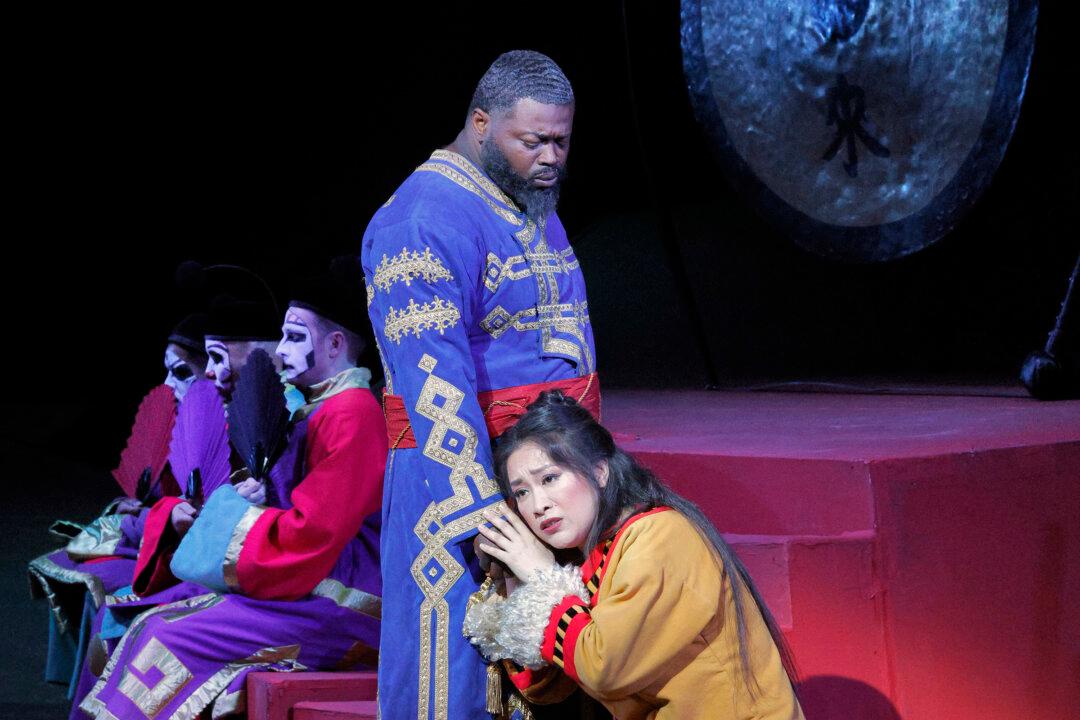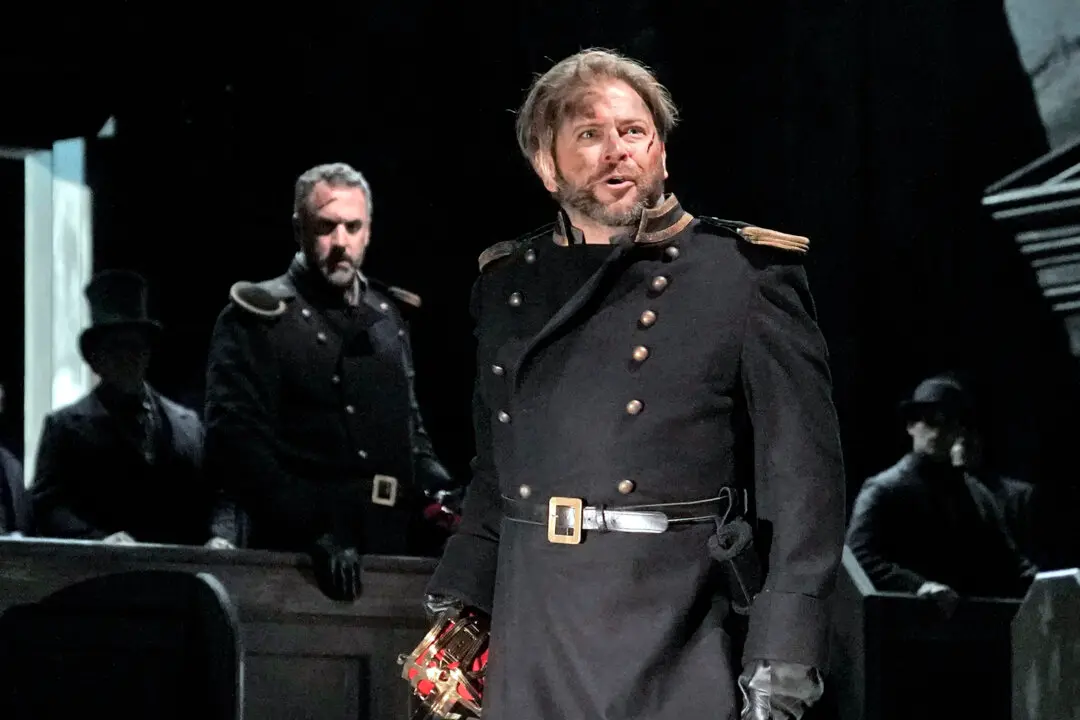Commentary
What determines the transition from the classical era to the modern? At what point do you say that one era has ended and another begun? In terms of opera, it’s difficult to determine where to draw that line in the sand. Opera is one of the oldest live performing art traditions from Western Europe. While ballet as we know it has its roots in the early 19th century, and Broadway-style stage musicals started in the early 20th century, opera dates back to the 16th century. It began in Italy before spreading throughout Europe, eventually making its way to America. As it traveled to different parts of the world, opera developed different styles.





